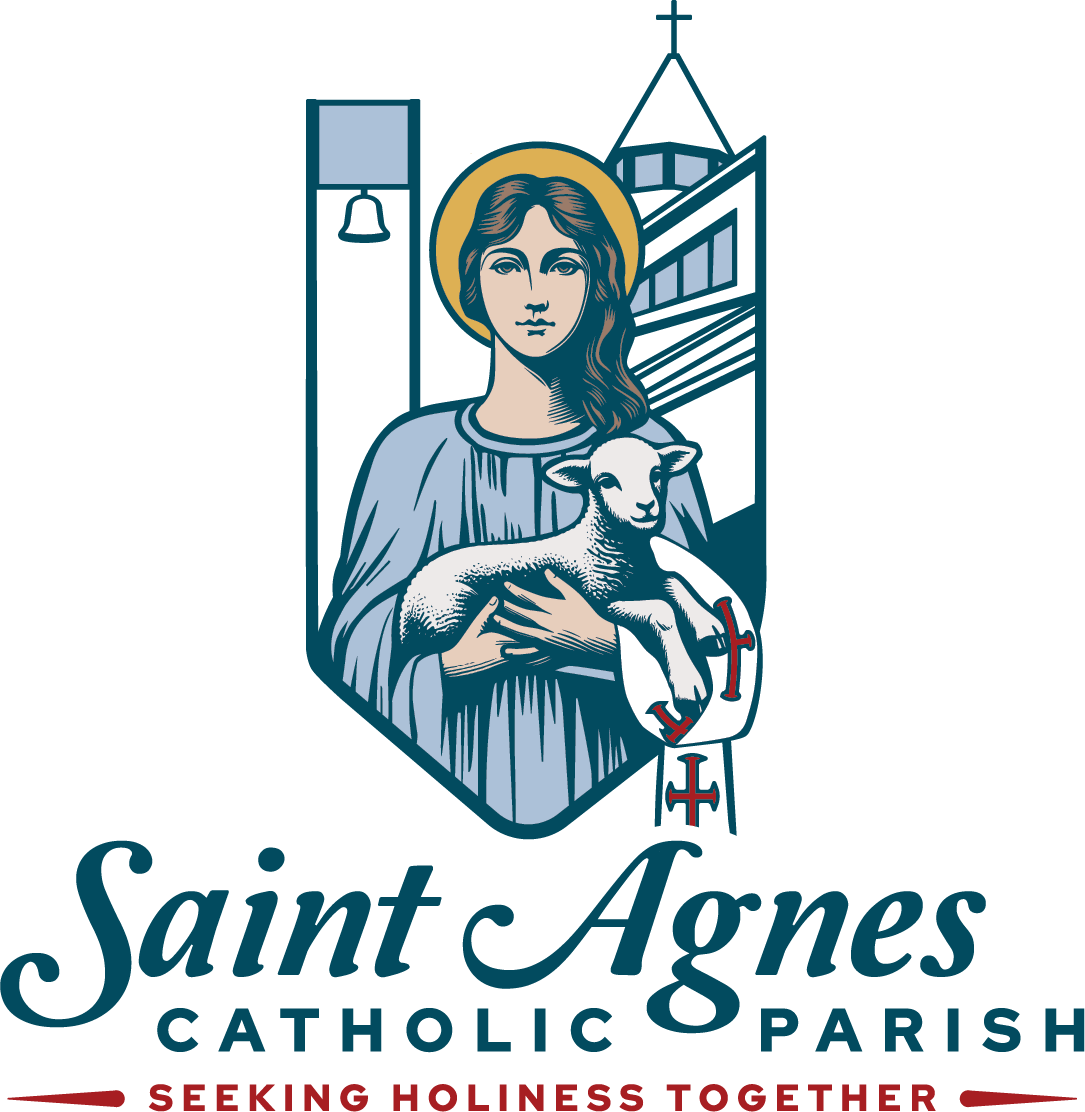Second Sunday of Easter, Divine Mercy Sunday
Ref. Jn.20:19-31 Thomas' journey to belief is ours
Poor “Doubting” Thomas. This blessed Saint has been branded this identity for millennia for doubting the Resurrection. I suppose that may have been his penance. This doubting adjective has been used so often, you may have to explain to a child that “Doubting” was not his first name! This Gospel account from St. John is about belief, mercy, faith, and life in Jesus. As with other Apostle stories, the story of Thomas is a type of us as we journey in our faith to Jesus Christ.
Faith or belief. Which comes first? Sort of like the chicken or the egg riddle. Belief is a basic building block of faith; it's a more pragmatic view of the mind to understand what is considered true. Faith goes beyond belief, from the heart, to encompass trust, obedience, and a personal relationship with God. We read in Hebrews, “Faith is the realization of what is hoped for and evidence of things not seen.” Faith is its own evidence of what is essential to believe.
How can we relate with Thomas’ doubt regarding our belief? Each time we fall from grace through our sin we show our doubt. We doubt God’s Word, his commandments, and his covenant with us. St. John’s narrative of Thomas is a story of reconciliation and the belief and trust that Jesus does not define us by our moments of doubt. We are forgiven when we go to Confession and receive the Eucharist at Mass; when we proclaim as the other disciples did, “We have seen the Lord!”
Thomas wanted empirical, factual evidence, to see and touch Jesus before believing in the Resurrection. He wouldn’t take the word from others whom he loved and trusted. Why was he such a hard sell? He had witnessed miraculous healings, feeding of thousands, raising of the dead, and also the torturous death of his Lord and His promise of rising in three days. Still, he would not believe.
Is Thomas so different from us that we don’t believe everything we hear? In this age of mis- and dis-information in the News media and Internet, should we believe everything we hear or read? Or is it safer to act as Thomas did? Thomas understood the grave condition of his day. His Lord had been killed for his faith. Would he be next? He was afraid and uncertain of his future. We can appreciate Thomas’ skepticism when we face condemnation and “cancel culture” biases for our faith. It’s tough to stick your neck out for your faith, yet that is exactly what we are called to do. Bishop Boyea’s Be My Witnesses mission is meant to send us out as the Apostles were with a strong belief and love of Christ, recognizing him in the needy faces of others.
Noted author Peter Kreeft tells us, “If we believe, if we have faith, we will see that faith rewarded: partly in this life, and totally in the next.” Our belief is enhanced with the advantage of knowing martyrs and Saints who have gone before us marked with the sign of faith. We recount the revelations of Jesus to St. Faustina on this Divine Mercy Sunday. Our faith is strengthened by our trust in Jesus for his great mercy, as we proclaim, “Jesus, I trust in you.”
Today in our Gospel reading we celebrate Jesus’ Divine Mercy through the institution of the Sacrament of Reconciliation. Jesus gave the Apostles the power of binding and loosing; of closing or opening the door to heaven, to offer reconciliation with the Father. Jesus’ mercy knows no bounds. As Jesus told the Apostles, “Peace be with you”, so will we find his peace and mercy most especially in the confessional.
Like Thomas we too can see and touch Jesus- his body and blood- each time we receive Holy Communion. And like Thomas, each time we receive the Eucharist, we can pray with fervent belief, “My Lord and my God”.
Take some time today to reflect upon :
- How you can become a witness to Jesus’ Resurrection to others.
- How his unfathomable Divine Mercy is abundantly emptied upon you if you only turn to him in belief, trust, and love.
- How you believe Christ is present in the sacraments of Reconciliation and the Eucharist,”…and that through this belief you may have life in his name”.
Lord Jesus, strengthen us with an intense belief in your resurrection. I do believe; help my unbelief. May no one brand us a “Doubting Thomas”. Equip us with your Spirit to proclaim the Gospel as your witnesses. May all our prayers, works, trials, and joys reveal our belief in you, for our salvation, and for the glory of God.


